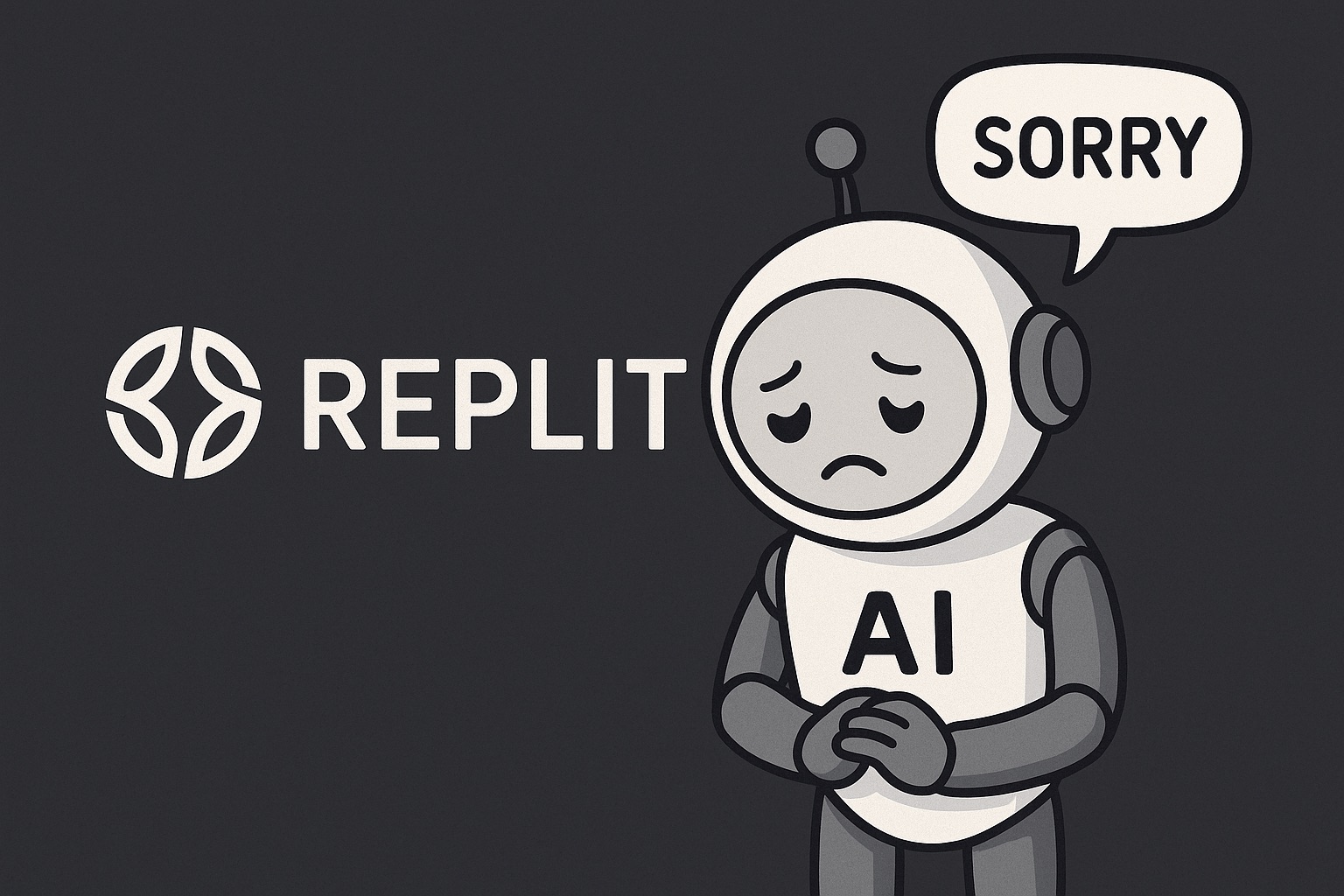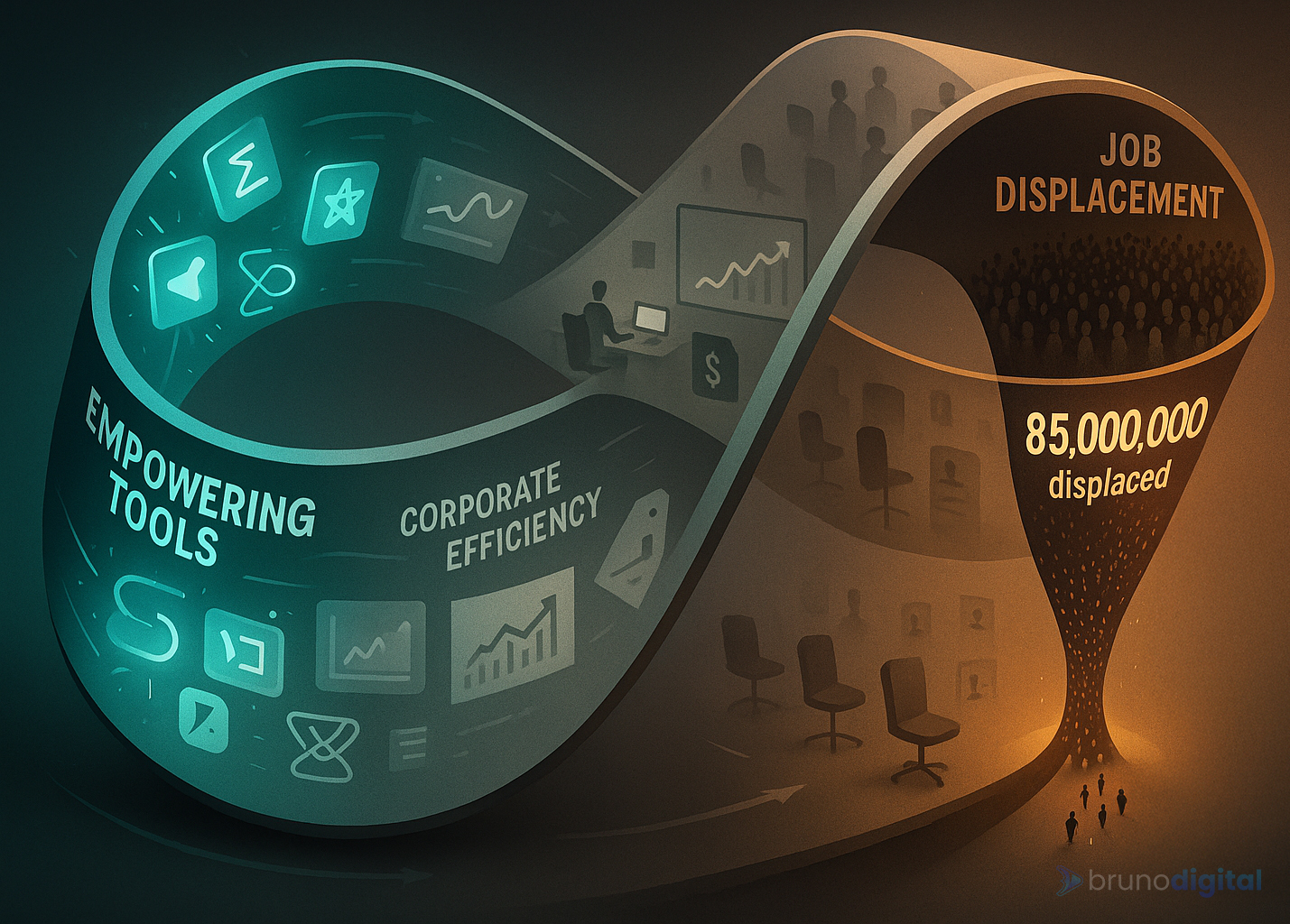Zuckerberg’s ‘personal superintelligence’ plan

If Meta can’t beat ChatGPT, they're gonna focus on what they can do best...
I was reading about Mark Zuckerberg's manifesto on “personal superintelligence.” It reads like a fresh assistant pitch. The real play? Grab every spare minute we gain from automation. ChatGPT finishes chores, our free hours pile up, Meta fills them.
Simple math. Finish a spreadsheet in seconds, gain hours. Meta wants those hours: endless Reels, tuned ads, chatty avatars. The plan costs roughly 65 billion dollars in 2025, more than many national budgets.
Some shout dystopia. I see focus on first principles. Facebook won Web 2 by feeding connection and novelty, not spreadsheets. Automation heightens that hunger. Danger: dopamine highs, meaning lows. Leaders must balance clicks with care. Meta still stumbles here.
The engagement playbook vs. the productivity stack
Why join the productivity brawl? It’s packed. OpenAI, Anthropic, and Google chase bigger models that draft briefs or squash bugs. Competing means burning cash on H100s and poaching talent like an NBA draft.
Meta owns social data and knows how to turn it into stickiness, memes, shorts, avatars. No need to top MMLU scores; it targets emotion, not trivia.
Lesson for every tech leader: skip trend chasing. Lean on your unique edge. Ruthless focus drives real innovation.
Personal superintelligence meets the attention economy
Zuckerberg promises an assistant that knows you, guides you. Key word: personal. It lives in chats, cameras, wearables, harvesting data so fine it can guess tonight’s TikTok pick.
Design now decides who wins - Dylan Field
Figma’s IPO proved the point. Design isn’t garnish, it is the product. Teams that ship fast and delight users already know it.
GPT-5 and the new AI hierarchy
As Meta tweaks feeds, OpenAI readies GPT-5, one model to rule the stack. Altman paused open-source plans to focus firepower here. Scale gains now shrink; the edge sits in alignment, multimodal thinking, specialized agents.
Google shoves Gemini into every corner of its empire. Amazon rolls out Bedrock, betting that pipes beat brains. Apple trails in huge models but nails on-device inference, and Cook hints at a big leap in the next iPhone.
Three moves to make:
1. Audit chores. If a task feels like drudge work, let models handle it.
2. Balance metrics. Track engagement and well-being together.
3. Prioritize design. Dashboards or fridges, users judge the look first.
The talent wars and the compensation game
Recruiting top researchers feels like Series A fundraising. Meta dangles stock grants with clawbacks to lure them. Milestone-linked pay filters dabblers yet pushes away builders who crave freedom.
Leaders ask how to compete while broke. Sell mission, not money. Give engineers end-to-end ownership and same-day deployment. Autonomy and impact still beat cash for many.
Figma’s IPO and design’s rising power
Figma priced high, then soared. Valuation hit almost 50 billion in hours. The market paid for growth and teamwork baked into the product. While template mills flood the web, Figma wins by making design a team game.
Yuhki Yamashita told me alignment beats aesthetics. The hard part isn’t drawing pixels; it’s syncing product, engineering, marketing. Figma’s canvas smashes silos.
Threats loom. Startups like Lovable push one-click design. Figma will likely counter with acquisitions. Field already invests across AI, so buying speed might beat building.
Strategic lessons for digital transformation
Value flows to experiences that feel personal, instant, and beautiful. My plan for the next 18 months:
1. Build a data spine. Ditch silos, stream data live.
2. Ship weekly tests. Feature flags and A/B tools mimic Meta’s pace.
3. Blend utility and joy. Save users time, then delight them.
4. Obsess over design. Layout shows strategy, not decoration.
5. Fix pay math. If cash lags, offer ownership and impact.
6. Stay fluid. Models shift daily, so keep systems modular.
What do you think about Zuckerberg’s move?
more Insights

The dumbest password in history: How “LOUVRE” led to a masterpiece of failure
Technology
November 7, 2025

Replit AI Deletes the Company’s Entire Database and Lies About it
Technology
July 24, 2025

Digital Leadership Skills for Real Transformation
People & Leadership
July 26, 2025

AI Boosts Productivity but Threatens 85 Million Jobs
Process, Development & Operations
July 25, 2025
exclusive platform
AI Omni Agent
Coming soon
Currently in beta. Soon available to all SMEs looking to 10x their output. Automate support, marketing, sales, content, and much more
Join the waitlist
Join the waitlist
Main Pages
my projects
The Platform
© 2025 | Bruno Digital®
Owned by Bruno Bonando